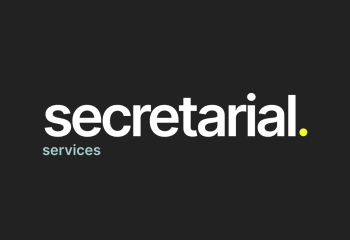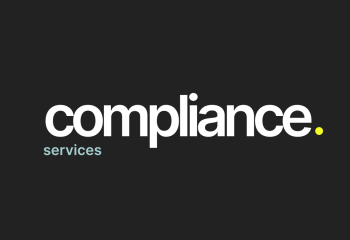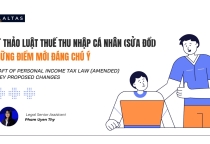National Assembly passes revised Employment Law
Views: 1072
(6).png)
A. Introduction
On June 16, 2025, the National Assembly of Vietnam officially passed the amended Employment Law. This is the first comprehensive revision of the Employment Law since its enactment in 2013, aiming to modernize the unemployment insurance (UI) system and digitize labor market information management. The new law is set to take effect from January 1, 2026.
B. Key updates
The most notable change in the revised law is the expanded scope of mandatory unemployment insurance coverage. From now on, not only employees with contracts of three months or more, but also those working under contracts from one month or longer are required to participate in UI. More importantly, part-time workers earning at least the regional minimum wage will now fall under the mandatory coverage. In addition, managers such as members of the board of directors, general directors, and controllers in cooperatives or cooperative alliances who receive salaries are now also subject to UI contributions.
The amended law also introduces a more flexible contribution mechanism. Employees will continue to pay 1% of their monthly salary, while employers will contribute up to 1%. For the first time, the State may provide additional support of up to 1% from the national budget. Significantly, the Government is empowered to adjust these contribution rates in emergency situations such as natural disasters, pandemics, or economic crises, to ensure the sustainability of the UI fund.
Regarding UI benefits, the law maintains the current rate of 60% of the average salary over the last six months prior to job loss, capped at five times the regional minimum wage. However, it accelerates the benefit disbursement timeline: workers will now begin receiving payments from the 11th working day after submitting a complete application, instead of the 16th day under current rules. This change reduces policy lag time and enhances support efficiency.
A foundational innovation in the law is the establishment of a national labor market information system and labor registration database. Workers are granted the right to access, modify, and use their registered personal information to obtain employment services, vocational counseling, reskilling opportunities, or re-enter the workforce. Conversely, they are also obligated to provide accurate, timely, and truthful data. This marks a step forward in digitizing and individualizing labor data—an essential foundation for building a “big data” infrastructure in employment and social security.
C. Practical considerations
Although the revised Employment Law introduces many progressive changes, its implementation in practice may pose several challenges:
-
Difficulties in managing newly covered worker groups: Identifying and collecting data on part-time workers, freelancers, or those engaged in emerging economic models is complex and will require coordinated efforts across multiple government agencies.
-
Lack of consistency in data infrastructure: The national labor market information system needs significant upgrades to ensure proper access, interoperability, and protection of personal data.
-
Potential increase in business costs: Expanding the scope of compulsory unemployment insurance may result in higher financial obligations for employers, particularly small and medium-sized enterprises (SMEs).
-
Risk of disrupted worker entitlements: During the transitional period, delays in issuing detailed guidance may affect the timely disbursement of unemployment benefits and potentially compromise the rights of eligible workers.
D. Conclusion
The revised Employment Law demonstrates Vietnam’s strong commitment to modernizing its unemployment insurance system and promoting inclusive social protection. By embracing labor market digitization and extending coverage to more vulnerable worker groups, this reform lays a solid foundation for a resilient and adaptive employment landscape in the digital age.
How ALTAS Can Assist You:
ALTAS LAW is uniquely positioned to assist your business in navigating these complex administrative reforms. We offer a comprehensive suite of legal and business services designed to provide seamless support during this transition period:
• Accounting and Tax Services: We also offer accounting and tax services to help your business manage the financial implications, including tax planning, tax settlement, tax auditing and tax refund.
• Licensing & Regulatory Compliance: We will meticulously review your existing licenses and permits, advise on necessary amendments or renewals, and guide you through the process of obtaining any new approvals. Our team will also ensure your compliance with all relevant regulatory changes.
Please feel free to reach us via email contact@altas.vn to discuss your specific concerns and explore how we can navigate these reforms successfully.
----
Written by: Mr. Luong Van Chuong (Chris) – Partner Lawyer at ALTAS Law & Senior Legal Assistant Pham Uyen Thy - ALTAS Law
Date: 26/06/2025














(6).png)















